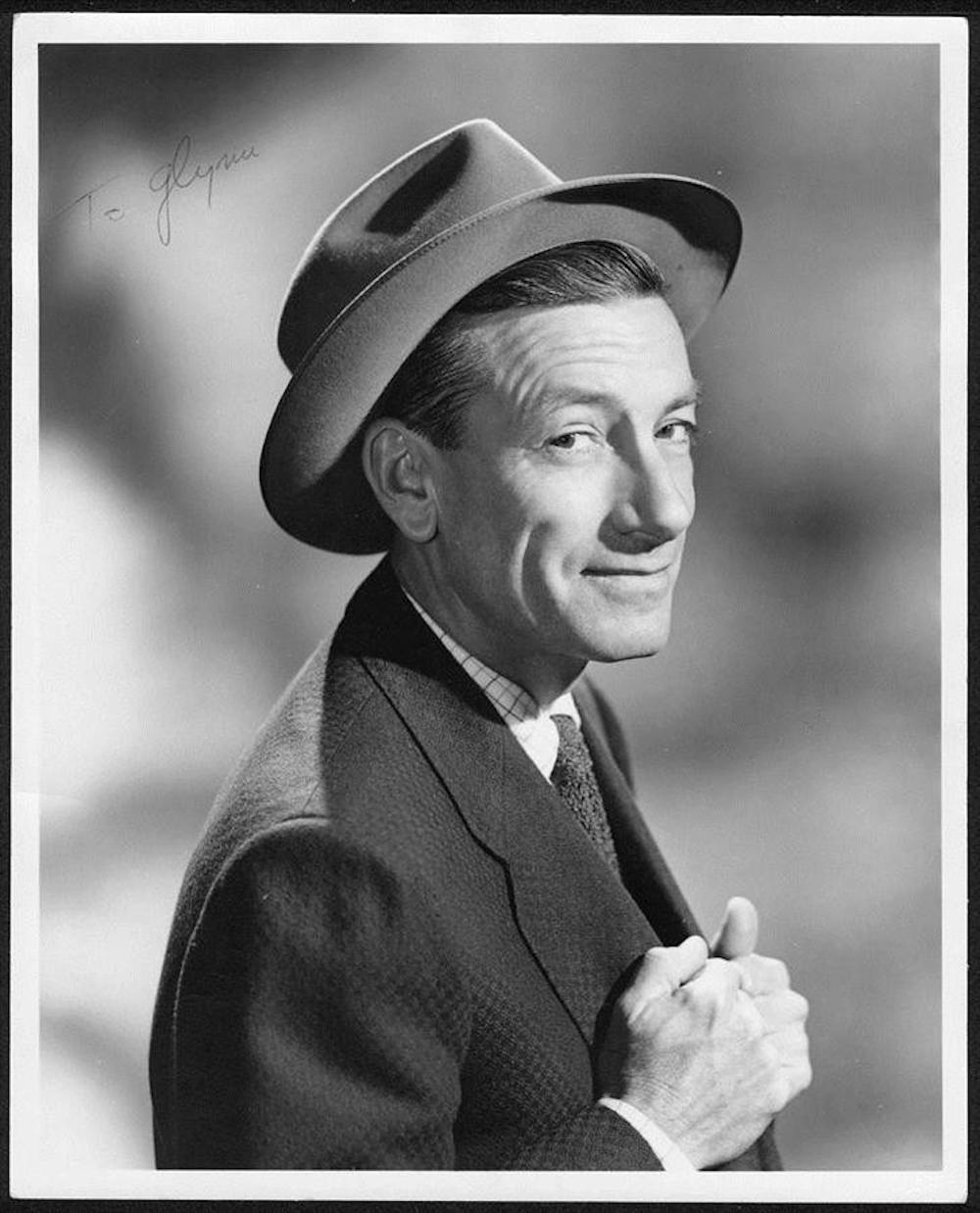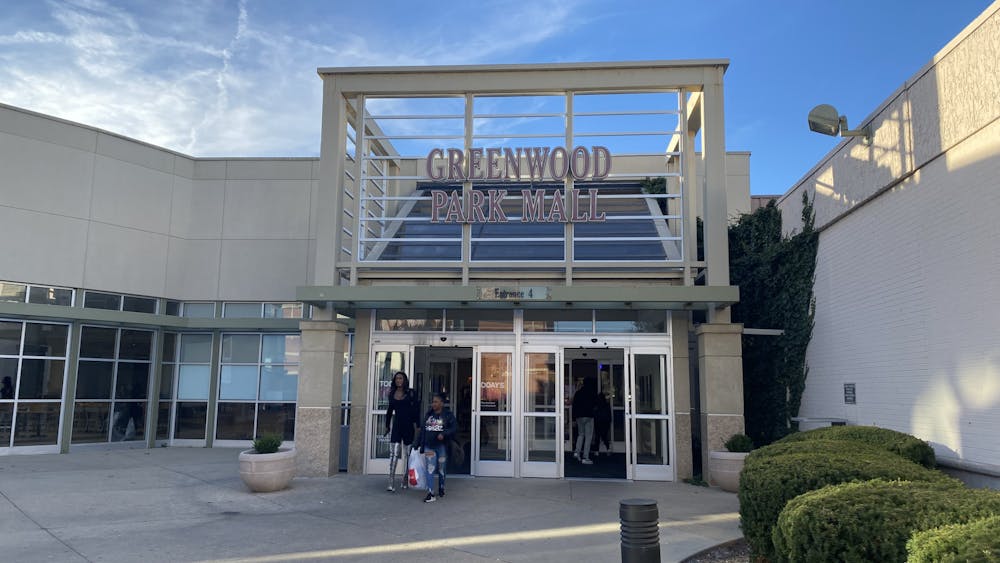The spooning wall, a low limestone wall near the law school, was a favorite meeting spot for lovers.
But as Howard Hoagland Carmichael sat there, he realized just how alone he was.
In 1927, at 28, he had returned to his alma mater and his hometown of Bloomington. All his friends were graduated and gone. The girl he loved was gone, too. And the campus lacked the vibrancy it seemed to have during his college days.
But then, as legend has it, he decided to stop feeling sorry for himself and started with a tune. A melody popped into the songwriter’s head, and it was so compelling that he ran to his favorite hangout, the Book Nook on Indiana Avenue.
It was closed, but he pounded on the door anyway, and the owner let him in.
Inside, he rushed to the piano to compose what would later, once its tempo was slowed to a ballad, become one of the most recorded songs of the 20th century.
“Sometimes I wonder why I spend the lonely nights dreaming of a song.”
The song was “Stardust.”
***
A photo hanging in the Book Nook, now known as The Gables, depicts Carmichael at the piano with a circle of friends around him.
Students regarded the battered upright piano in the corner as Carmichael’s. He even charmed the workers of the Book Nook into allowing him to stay after hours and play as they washed dishes. Carmichael was known as a charismatic and humorous performer.
“It was the Kilroy’s of its time,” said David Johnson, WFIU jazz producer and systems coordinator. “A Kilroy’s without booze.”
The energy of the Prohibition Era created a counter-culture where Carmichael could follow his creative impulses and become an unpredicted success.
And people, especially on college campuses in the 1920s, thought hot jazz was exciting, Johnson said.
Hoagy loved to attempt to play the trumpet all around campus.
“Hoagy, shut up!” people would yell.
But he didn’t listen.
***
After graduating from law school in 1926, Carmichael had to find a real job, so he accepted one as a lawyer in Florida and hated it. He did the bare minimum every day just to get by and not be fired.
But as legend goes, Carmichael was sitting at his desk in the law office one day when, through the open window, he could hear the notes of a familiar song coming from a nearby record store.
But the song seemed more than familiar. He realized it was not just a song he knew but a song he had written.
The song was “Washboard Blues,” and he was listed on the record as the composer.
“That’s it,” he thought. “I’m a songwriter. I don’t have to be a lawyer. I quit.”
He returned home to Bloomington and was in the right place at the right time.
Gennett Records was in nearby Richmond, Ind., making Bloomington a stop on the jazz circuit along the way to Chicago. Big names of jazz, such as Louis Armstrong, stopped by, and Carmichael met them.
His career as a jazz singer/songwriter, and later as an actor, took off. The rest was legend.
Hometown Hoagy
Chart-topping jazz musician penned his 1st record hits as an IU Hoosier

Get stories like this in your inbox
Subscribe





